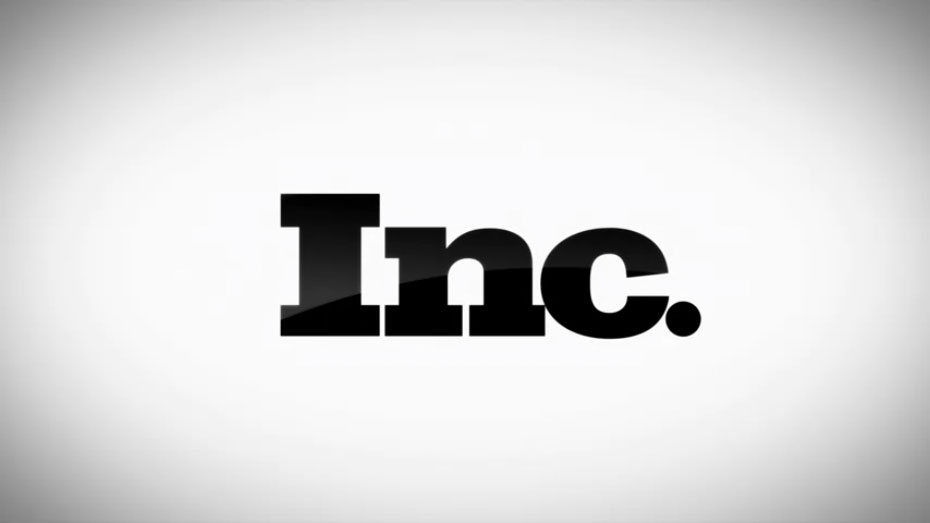Standard Height Dining Sets
Setting Standards
NutriClean tests for pesticides in supermarket produce.
By Bruce G. Posner

With food alerts being issued almost weekly, the eating public is undergoing a crash course in nutritional purity, and few businesses are in a better position to benefit from that mass education than NutriClean, in Oakland, Calif. For the past few years NutriClean has been developing systems for monitoring the level of pesticides in the produce consumers buy at hundreds of supermarkets. If founder Stan Rhodes has his way, the NutriClean label will soon be to fruits and vegetables what the Good Housekeeping seal is to household products.
Rhodes, a 47-year-old chemist with a background in natural-foods distribution, launched his company in 1984 as a service to farmers who wanted to reduce chemical use and differentiate their crops in the marketplace. Existing government standards for farm produce are extremely limited in their scope, he notes. "But if grower A was able to produce strawberries or grapes with one-tenth the pesticides of grower B, we thought he should be able to get a premium price." Hence, the idea for a business.
Initially, NutriClean focused on developing a process for certifying the absence of chemical residues. In addition to disclosing their methods of production, participating farmers are required to adhere to strict rules for keeping "clean" produce separate on its way to market.
Since 1987 the company has offered services to food retailers as well. Today a supermarket chain can hire NutriClean to do weekly spot-checks on produce as it arrives in the warehouse. The purpose, vice-president Linda Brown says, is to help grocers make buying decisions. "Our data tell them who has the cleanest apples or potatoes." Client supermarkets are also allowed to display the NutriClean logo over produce items that have met the company's certification standards.
NutriClean, which relies heavily on independent test labs, currently has 12 full-time employees and another dozen or so part-timers. It sells its services to 11 food retailers, mostly in western states, representing about 1,000 of the nation's 17,000 supermarkets. Rhodes looks forward to expanding NutriClean's presence in the marketplace over the next few years -- and along the way, he hopes, extending its influence over what Americans eat. "It's not an easy business," he says. "But if we're successful, people will be able to buy an increasing amount of food that doesn't have any pesticides."
-- Bruce G. Posner
Aug 1, 1989
Source: https://www.inc.com/magazine/19890801/5737.html

0 Komentar